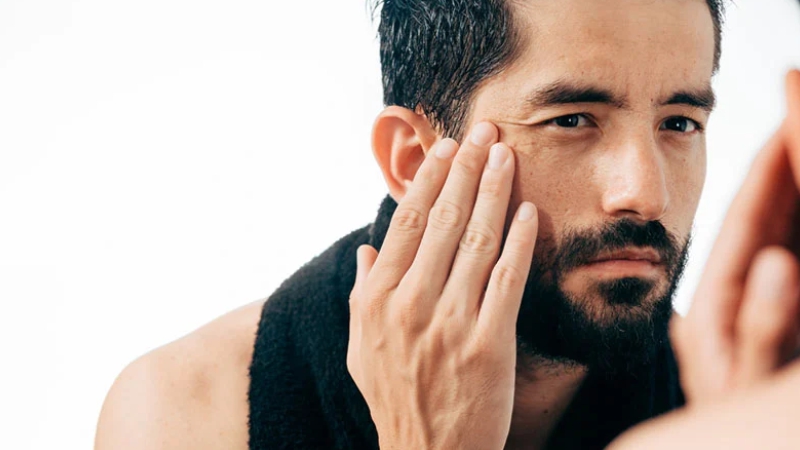Whether you refer to it as penile feebleness, diminished erections, sexual weakness, or a flaccid organ, erectile dysfunction (ED) is a prevalent sexual issue that may develop as one age. Millions of men worldwide have been impacted by this condition, which prevents them from achieving or maintaining an erection during sexual stimulation. It is commonly believed that sexual or erectile weakness of this kind becomes increasingly likely as one ages. In reality, diminished erections don’t always have a direct correlation with the aging process. Aging doesn’t inherently guarantee the development of sexual weakness to some extent.
What truly occurs?
Typically, a man’s body goes through an intricate sequence of processes to achieve rigidity in the penile organ. When aroused, the brain triggers specific chemicals and transmits signals to the male organ via the nerves, allowing it to receive an ample supply of blood. During this process, the spongy erectile tissues receive a sufficient amount of blood to induce an erection. In the case of erectile dysfunction (ED), this entire process is disrupted. The narrowing of arteries obstructs blood flow, leading to a feeble and unresponsive organ, even in the presence of sexual stimulation.
What is the impact of age on erectile function?
As a man ages, his susceptibility to experiencing weaker erections increases, and the frequency of such occurrences also rises. However, it is treatable regardless of the underlying causes, and it is not an inevitable condition, as one might believe. Statistics indicate that only 4 percent of men over the age of 50, and 17 percent of men over the age of 60, encounter regular instances of lackluster erections. In reality, erectile dysfunction can have various causes that are not necessarily linked to the aging process.
Aging is regarded as one of the potential risk factors for the development of erectile dysfunction. As men age, there is a natural decline in their testosterone levels. Nevertheless, weak erections cannot be solely attributed to low testosterone levels and the aging process. Some underlying medical causes are associated with sexual weakness, often categorized as either physical or psychological factors.
Physical factors encompass a range of conditions, such as obesity, cardiovascular disease, neurological disorders, unmanaged diabetes, elevated blood pressure, hormonal fluctuations, prostate, and penile ailments, as well as adverse reactions to specific medications. Mental health factors such as depression, stress, anxiety disorders, and other emotional challenges can contribute to these psychological causes. An unhealthy lifestyle is a frequently encountered risk factor for weakened erections. Unhealthy eating patterns, a sedentary lifestyle, insufficient physical activity, smoking, alcohol consumption, and the illicit use of drugs can all have adverse effects on men’s sexual health.
Addressing Erectile Dysfunction in Men:
Embracing a nutritious lifestyle in conjunction with the use of oral medications designed to address erectile dysfunction can empower men to conquer this issue. A wholesome way of life encompasses maintaining a balanced daily diet, engaging in regular exercise, achieving weight loss goals, eliminating smoking habits, effectively managing stress, incorporating meditation into one’s routine, and enhancing one’s relationship with their partner. Adhering to these wholesome lifestyle practices can greatly enhance your sexual well-being.
In the event of a severe case of erectile dysfunction, it may also be necessary to incorporate oral medications into your treatment regimen. The FDA has granted approval to several oral medications designed for use following consultation with a healthcare professional. One of the frequently prescribed drugs is Generic Viagra, which includes the active ingredient Sildenafil Citrate. The key takeaway from this post is that while age plays a role in erectile function in men, it is not the sole determinant; several underlying physical and psychological factors may also contribute.


